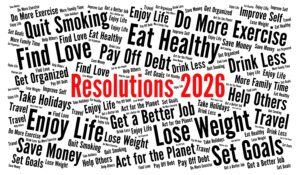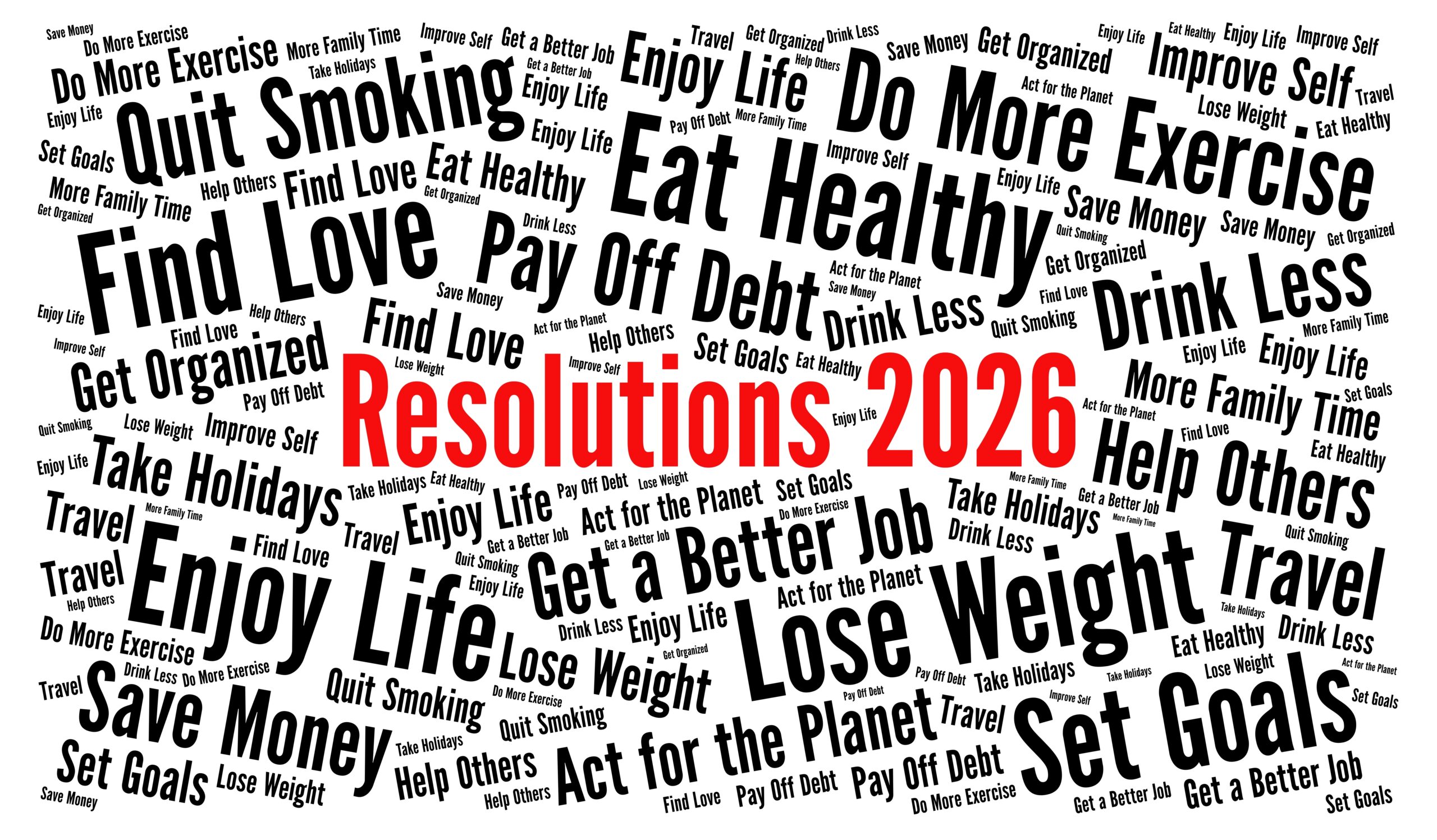The Iterative Mindset Method™ (IMM) is a way to build habits.
There are hundreds, maybe even thousands, of frameworks that promise to help you make or break habits. But almost all of them rely on a performative mindset: if you do X, then Y will happen. When “Y” happens, you get a star, a cookie, or a reward. When “Y” doesn’t happen, you fail (and you feel like a failure). Most people who have tried a fad diet or budget or exercise plan have felt the disappointment of this approach.
The truth is, there is a much more instinctive way — a way that you already use without even thinking.
Consider: how do you make decisions in life?
You identify a need. Then you try something. It works or it doesn’t. So you try it again or try something else. Most decisions you make — from sneakers to spouses — are the result of this kind of trial and error. You know how to find what fits.
We refer to this as “iterating.”
The Iterative Mindset Method is an extension of this instinct you already have. With the right mindset and process, habit formation can work for everyone.

The Mindset
If all you have to do is try things, why doesn’t everyone just do this and live a healthy happy life?
The answer is that how we think gets in the way.
Certain mindsets lend themselves to change and certain mindsets don’t.
People who have very rigid, inflexible thinking will find it hard to change. Even when they try to change a habit or pattern, they’ll tend to go the performance route, either rewarding or judging themselves every step of the way.
The right mindset for change is fluid and flexible. You have to accept your state of being as it is and not judge yourself as you try new things and face various outcomes.
This is key to moving toward change in a meaningful, practical way.
As you refine your mindset, you can practice the Iterative Mindset Method using these three steps.
Assessment is step one
Before you move into any new habits, you need to assess:
What do you want to achieve?
Where do you want to go?
How do you want to feel?
Gain clarity around your well-being aspirations.
You will circle back to assessment every single day. It doesn’t have to be lengthy or in-depth, just a pause or a moment to reflect. Doing this helps you tune in, not to what other people say you should do, but to what you really want to do.
Assessment is the launching pad for iteration.
Iteration is step two
Iteration puts the “I” in the Iterative Mindset Method.
Iteration is the process of tweaking, adjusting, or changing an element of your behavior or your environment based on what you assessed.
For instance:
You may have assessed and decided, “I really want more energy.”
Sleep is a high priority to achieve that, but your late-afternoon latte is probably a big barrier to sleep.
Maybe that means swapping your afternoon latte for a cup of caffeine-free mudwater or tea.
That’s an iteration.
Practice is step three
So you try that for a few days, switching your coffee to a similar beverage without caffeine.
Practice is the thing that builds habits. Habits strengthen the same way your muscles do and as you keep at it, you’ll get stronger and stronger.
So that habit for a spin and then assess: is it working?
After a few days, you may realize: I feel restless and I’m still tired.
You’re free to iterate again.
Perhaps you miss getting out of the house to walk to the coffee shop. That may prompt an iteration where you go order tea at the coffee shop rather than prepare it at home. This would be a small revision of your practice aimed to identify what needs your coffee run was really meeting (could be social and unrelated to caffeine entirely).
You could also do a more substantial iteration and say, “I’m not actually sleeping any better without caffeine — I think my sleep issue has a different source.”
Maybe you’re anxious and need to move to a stress management practice with breathing exercises and meditation.
Try that on for size and see how you feel.
That’s the beauty of this: you can keep iterating until you find the right solution for you.
This Isn’t About “Doing Better”
The tragedy of performative approaches is that you set a goal, stick to a structure, and almost invariably fail. Then you blame yourself:
If I was just more disciplined
If I was just more focused
If I could have just stuck to the plan this time
But you’re not the one to blame.
It’s About What You Want
Everything in you wants to be aligned. Your body has endless defaults to help you crave the right things and gravitate toward things that support your well-being.
The Iterative Mindset Method frees you from the need to check boxes or follow formulas. It’s a simple way to start systematically uncovering what you really want, then behaving in a way that feels good and supports goodness for you.
Want to try it out? Download the FreshTri app. We’ve set everything up in neat stages and have tons of support and encouragement for your journey!













